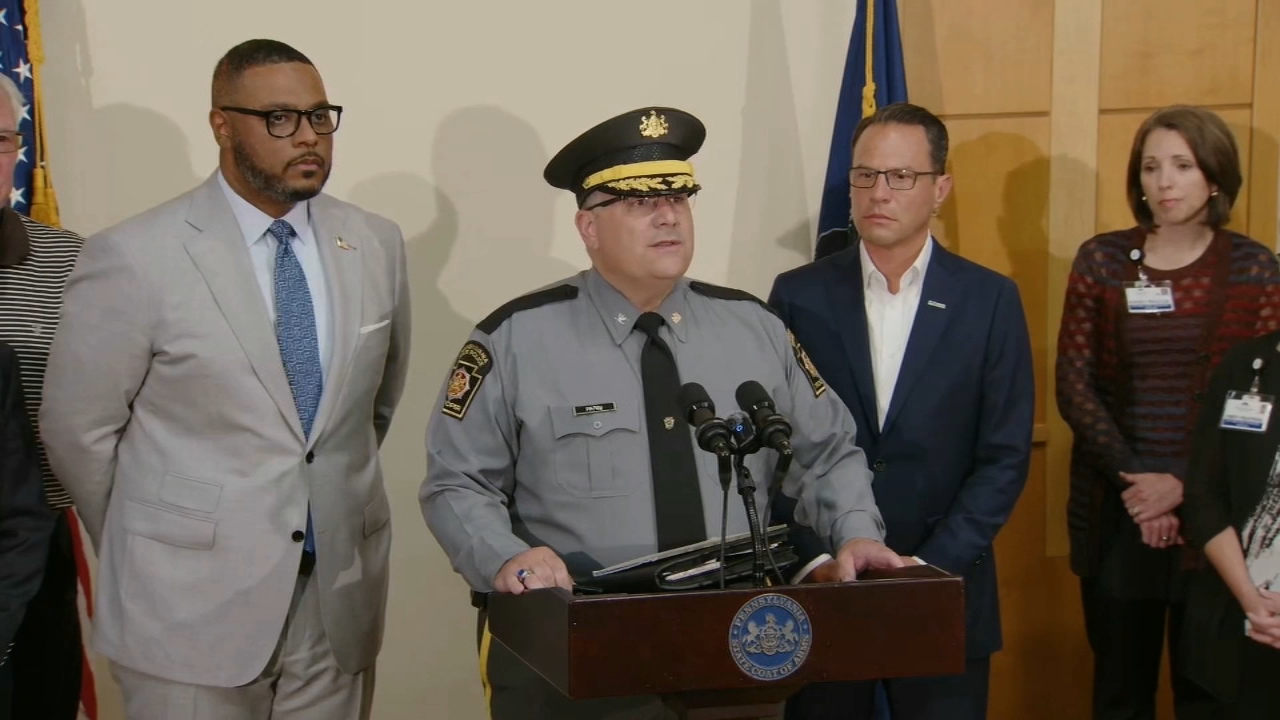Imagine planning a trip for medical treatment or higher education, only to find that your passport has become a barrier.
That scenario became reality this week when the U.S. State Department quietly instructed diplomats worldwide to refuse nearly all nonimmigrant visa applications from Palestinian Authority (PA) passport holders.
What the New Policy Means
On August 18, Secretary of State Marco Rubio signed a diplomatic cable instructing U.S. embassies and consulates to use Section 221(g) of the Immigration and Nationality Act to deny nonimmigrant visas to “all otherwise eligible” Palestinian passport applicants—regardless of their purpose: education, tourism, business, or medical care. This directive, quietly issued and not publicly announced, applies region-wide—to Palestinians in Gaza, the West Bank, or abroad.
Interestingly, exceptions include dual nationals applying with a different passport, and applicants for immigrant visas—but even those traveling in an official or diplomatic capacity using a PA passport now face automatic refusals.
The Ripple Effect: Who Is Impacted?
The implications are vast:
- Students planning U.S. university studies
- Patients needing specialized medical treatment
- Business travelers, professionals, and tourists
- Scholars and academic visitors
- Diplomats or UN officials applying via PA passports
In early August, the U.S. suspended visitor visas for Gaza residents pending review—now, the new directive expands that freeze to nearly all Palestinians.
The State Department justifies the sweeping move on national security grounds, asserting it will no longer recognize PA passports as documents issued by a foreign government.Officials now treat each visa decision as a “national security decision.”
Diplomatic Fallout & International Pushback
At the same time, the U.S. revoked or denied visas for Palestinian Authority and Palestine Liberation Organization officials—including President Mahmoud Abbas—just before the UN General Assembly in New York. Despite UN obligations, the U.S. says the move aligns with laws targeting PA and PLO leadership.
This development sparked swift condemnation. Pro-Palestinian groups labeled it a humanitarian blow, especially for patients and families separated across borders. Meanwhile, U.S. allies and rights advocates questioned whether such broad restrictions comply with international norms.
Lastly
By closing its doors to Palestinian passport holders, the U.S. triggers serious humanitarian and diplomatic fallout. The U.S. thrusts students, families, and patients into the heart of a political crossfire. This has prompted a pressing question: Are policymakers using visas as tools of control or as bridges to peace?



https://shorturl.fm/sEUSf